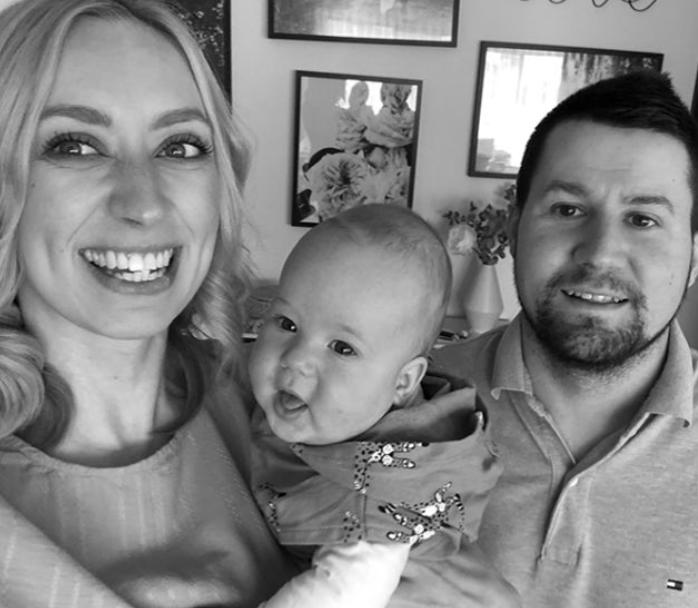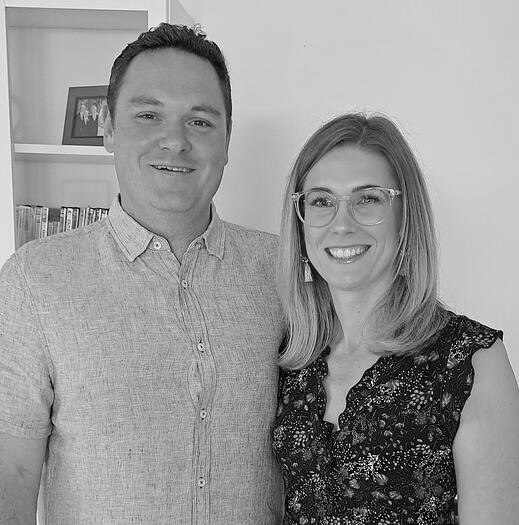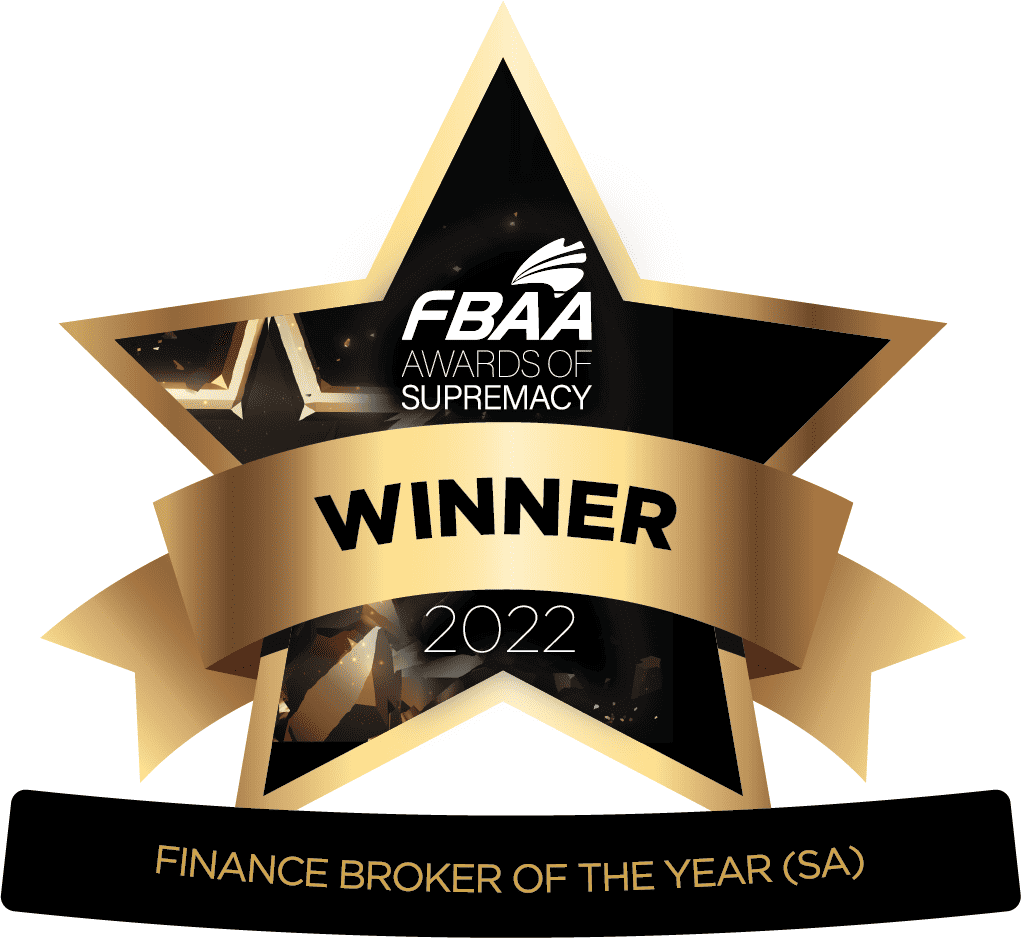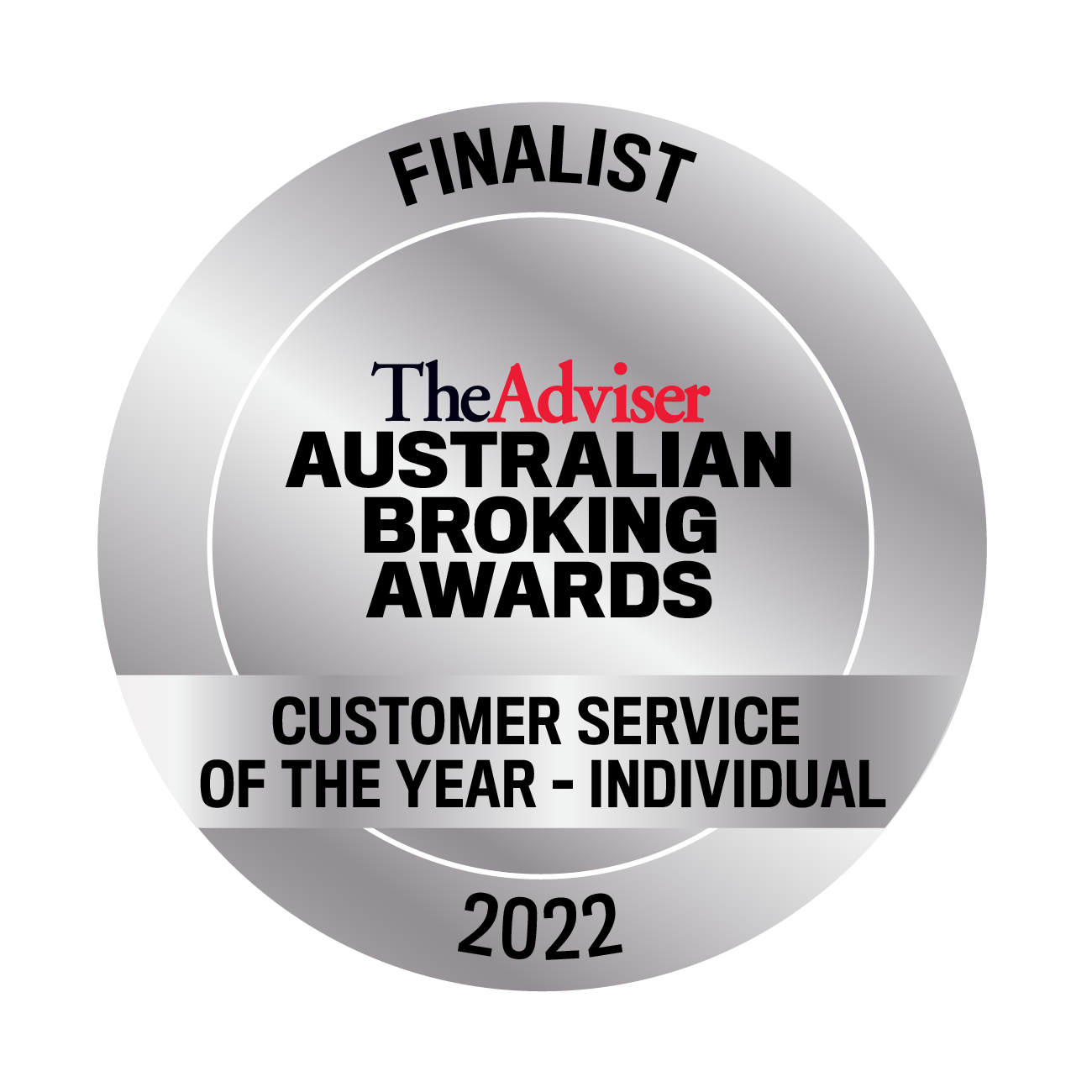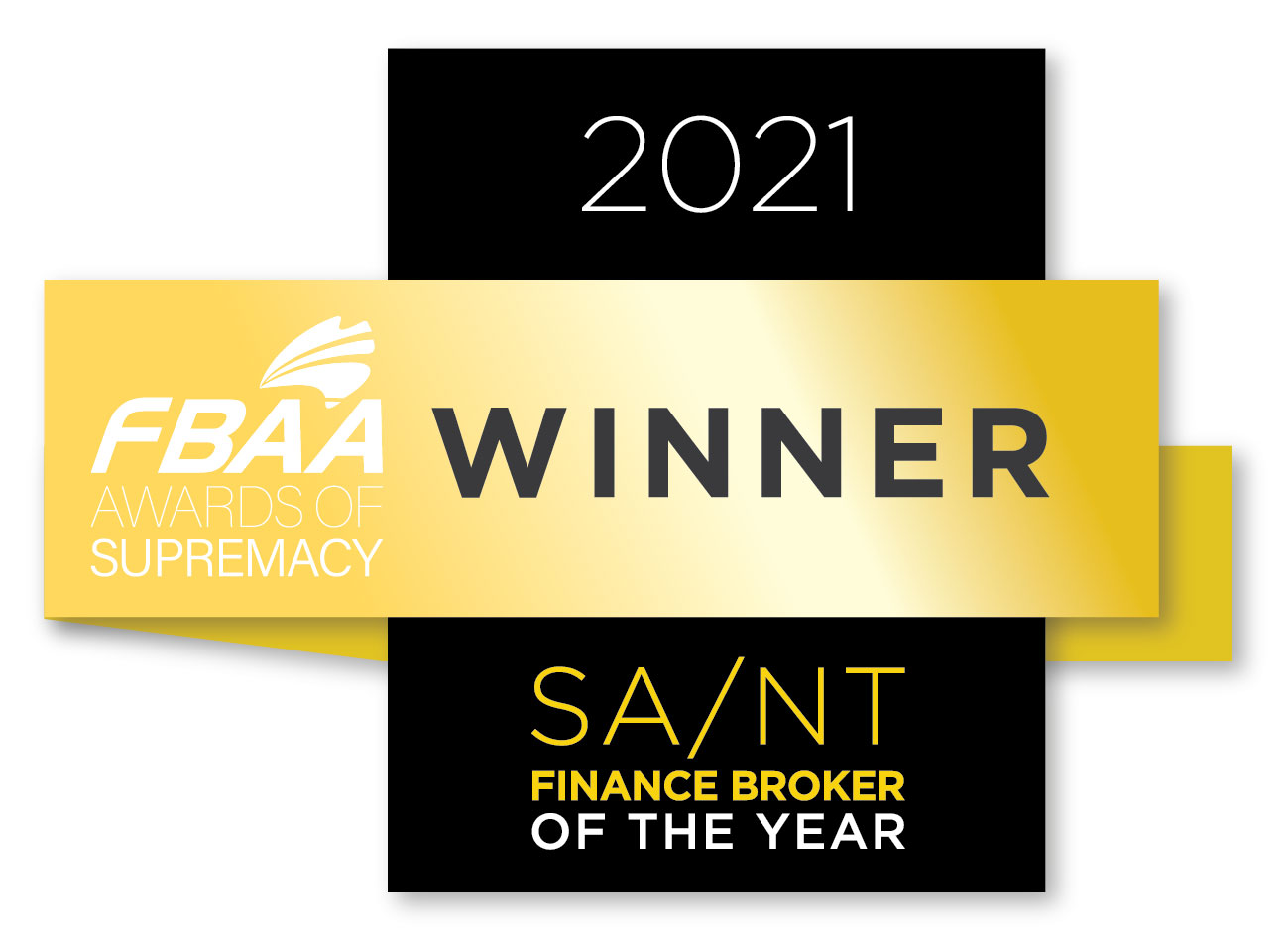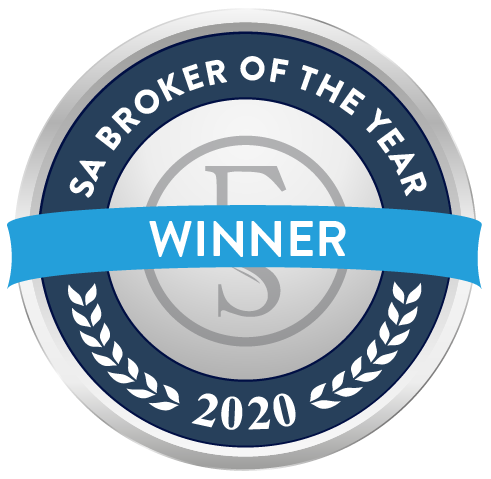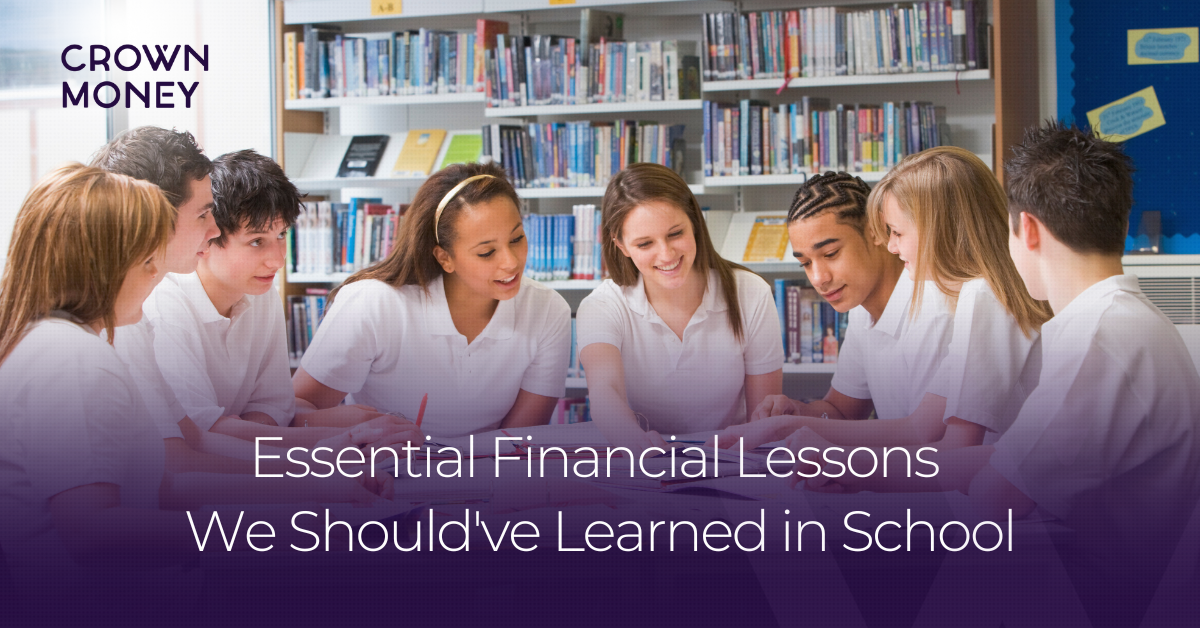
Understanding the Pitfalls of Depreciating Assets
In the pursuit of financial freedom, many fall into the trap of investing in depreciating assets, particularly when it comes to purchasing brand-new cars. It might be tempting to flaunt a new vehicle as a marker of success, but financially, it’s a move that often leads to loss. New cars lose 30% to 40% of their value within the first few years. Instead of investing in a depreciating asset, it’s more prudent to buy a car that is a few years old, allowing someone else to absorb the initial depreciation.
Financial wisdom dictates that luxury items, such as brand-new cars, should only be purchased when you’re financially established, ideally when your investments can cover such expenses. By focusing on building assets that appreciate in value, like real estate or stocks, you’re setting a solid foundation for long-term financial stability. Remember, wealth isn’t about appearing rich but about being rich.
The Power of Investing in Index Funds
Investing in index funds is one of the simplest and most effective ways to build wealth over time. An index fund combines a variety of stocks to provide broad market exposure, lower expenses, and lower portfolio turnover. For instance, the S&P 500 index fund includes the top 500 companies in America, offering you a stake in industry giants like Google, Amazon, and Tesla.
In Australia, similar opportunities exist with funds covering the ASX 200, encompassing top companies in banking, mining, and retail. By regularly investing in these funds, you can take advantage of compound interest, allowing your investments to grow exponentially over time. Micro-investing apps can make this process even more accessible, enabling you to invest small amounts consistently and harness the power of dollar-cost averaging.
Crafting a Robust Financial Plan
A robust financial plan is essential for anyone aiming to achieve financial independence. This plan should include clear goals, a budget, and a strategy for managing debts. The first step is to pay yourself first, ensuring a portion of your income goes directly into investments before you cover any other expenses. This approach helps you prioritise wealth creation over impulse spending.
It’s also crucial to avoid accumulating unnecessary debt. Many Australians find themselves burdened by credit card debt due to impulsive purchases. Developing a conscious spending habit, where you give yourself a 24-hour cooling-off period before making non-essential purchases, can significantly reduce this issue. By maintaining discipline, you can allocate more resources towards investments and savings, accelerating your path to financial freedom.
The Crucial Role of Emergency Funds
Emergency funds are a cornerstone of a sound financial strategy. They provide a safety net for unforeseen expenses, such as medical emergencies, car repairs, or job loss. Ideally, your emergency fund should cover three to six months’ worth of living expenses. This financial buffer ensures that you won’t have to rely on credit cards or loans during challenging times, which can trap you in a cycle of debt.
Establishing an emergency fund not only offers peace of mind but also allows you to take calculated risks with your investments without jeopardising your financial security. By prioritising this fund, you’re safeguarding your financial future and ensuring that unexpected events don’t derail your progress towards financial independence.
Defining Your ‘Freedom Number’ for Financial Independence
Your ‘freedom number’ is the amount of money you need to accumulate to live comfortably without having to work. This concept shifts the focus from working until a certain age to working until you reach a specific financial goal. To calculate your freedom number, multiply your annual living expenses by 25. This figure represents the amount you need in investments to cover your expenses indefinitely, assuming a 4% annual withdrawal rate.
Achieving your freedom number means you can retire early or pursue passions without financial constraints. It’s a target that requires disciplined saving and investing but offers the ultimate reward: financial independence. With a clear goal in mind, you can tailor your financial plan to reach this milestone and enjoy the lifestyle you desire.
Enhancing Financial Literacy with Crown Money
Navigating the complexities of personal finance can be daunting, but Crown Money is here to help. Specialising in financial education and strategy, Crown Money provides the tools and guidance needed to improve your financial literacy. Whether you’re struggling with debt, looking to optimise your investments, or planning for future financial security, Crown Money offers personalised solutions to help you achieve your goals.
To gain deeper insights into effective financial management, you can listen to the Crown Money Podcast on Spotify, where experts share invaluable advice on a range of financial topics. Additionally, consider booking a consultation with Crown Money to receive tailored advice on building a solid financial foundation. Visit their website today to learn more about how they can support you on your journey to financial freedom.
By implementing these essential financial lessons, you can pave the way to a secure and prosperous financial future. With the right strategies and expert guidance from Crown Money, achieving financial independence is within reach.
